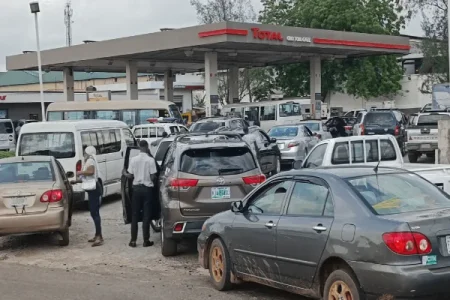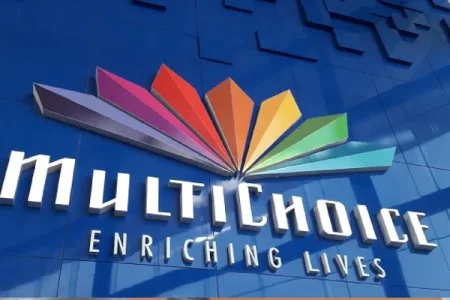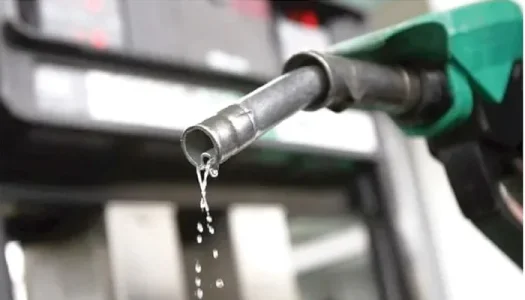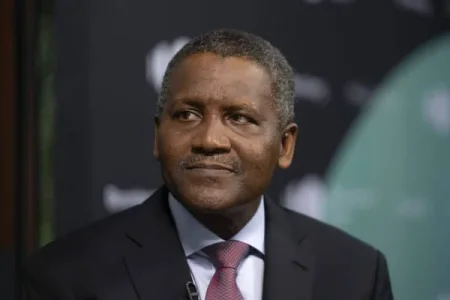
A resurgence of petrol scarcity has engulfed various states in Nigeria, accompanied by long queues at petrol stations, crowded bus stops, and escalated traffic woes. Frustrated residents, facing soaring petrol prices approaching N2000 per liter, are resorting to purchasing fuel in jerrycans, colloquially known as 'kegs', from black market vendors. Despite assurances from the Nigerian National Petroleum Company Limited (NNPC) Ltd regarding resolved logistics issues, petrol remains scarce, with motorists enduring lengthy wait times only to be met with empty pumps.
Industry insiders, including a senior oil executive in Nigeria's downstream sector, project a return to normalcy by the end of the week, citing anticipated improvements in supply chain operations. Billy Gillis-Harry, president of the Petroleum Products Retail Outlets Owners Association of Nigeria (PETROAN), highlights the challenges faced by retail outlet owners in accessing petroleum products, attributing the scarcity to supply constraints.
In Lagos, stations like NNPC franchise outlets are shuttered due to stock shortages, exacerbating the situation for motorists. Many commuters, unable to endure prolonged queues, have turned to alternative means, including purchasing fuel from black market vendors, raising concerns about fuel quality and safety. The resurgence of fuel scarcity follows President Bola Tinubu's elimination of fuel subsidies in May 2023, intending to transition petrol importation to the private sector. However, the private sector's struggle to secure foreign exchange has left NNPC Ltd as the sole importer of petrol, further exacerbating the scarcity crisis.




